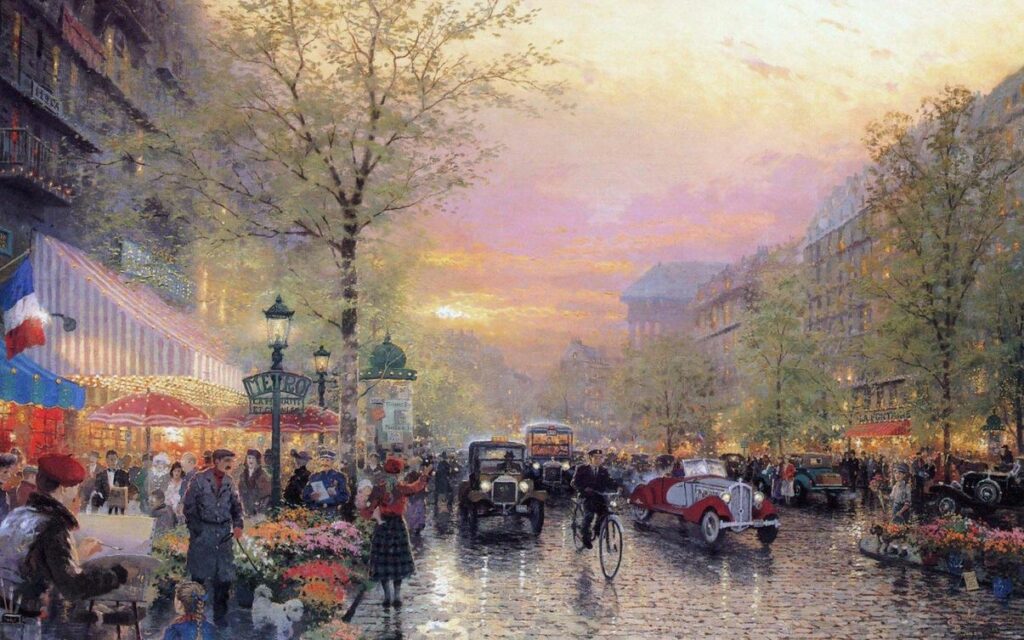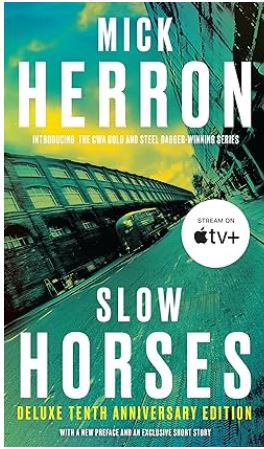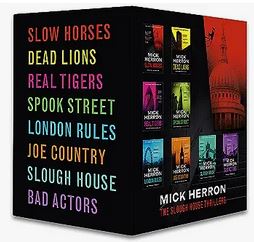I can’t remember whether I’ve ever told the story behind my first (published) novel, Vienna Days.
Here goes.
I’ve always been fascinated by how people’s lives are shaped and/or changed by massive societal change. Back in the early 1990s, this fascination was focused on the Secession Movement of the late 18th century in Vienna, and I wondered just how it would have felt to be someone who was a typical bourgeois, but over time got subverted by the changing times.
Of course, I’d done a lot of reading about 1880s Vienna (which is what sparked the whole thing) and the first thing that struck me was the fact that the suicide rate among young people in Vienna during this period was the highest ever recorded, and the highest in Europe as a whole. So naturally, that became the first sentence of the novel.
The second thing to strike me was that when Crown Prince Rudolph, heir to the throne of the Austro-Hungarian Empire had committed suicide, his funeral procession was attended by tens of thousands of people because, as the story goes, nobody likes a good funeral more than the Viennese. So of course that became the first scene of the novel.
A story idea then began to assert itself. Imagine that a bourgeois young man became seduced by the non-conformist Secession movement, and in secret began to do something that, if discovered, would spell ruin for his career — but he did it anyway, because the allure of this new movement was irresistible. But what could that be?
Luckily, I imagined that he would have considerable artistic talent, hitherto unrealized because of his studies, and that led him to secretly draw pornographic pictures. But pictures of whom?
I had already put this protagonist into a coffee bar where he became involved with a group of ne’er-do-well artists, and one of the people involved with the group was a mysterious and beautiful young woman named Astrid.
I was rather stuck at that point, so I stopped writing to read about pornography of that period, in Erotica (Charlotte Hill and William Wallace).
There I discovered the works of an anonymous Austrian artist, who had drawn his images in charcoal and cryptically signed his work “A1”. Wait… “A” for someone named “Astrid”? Why not? All I had to do was change the time period of the art, from the 1930s back to the 1880s — easy-peasy.
So I wrote the rest of the thing in about two months (I still had an actual job at the time, which took out my writing time, damn it).
And here’s a sample of the “A1” charcoals:



